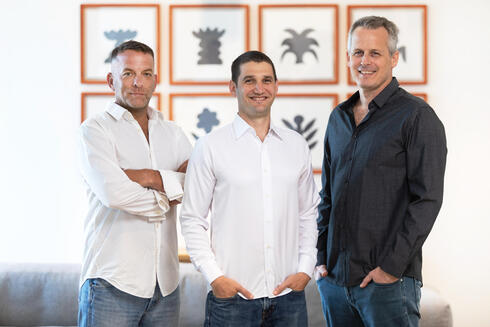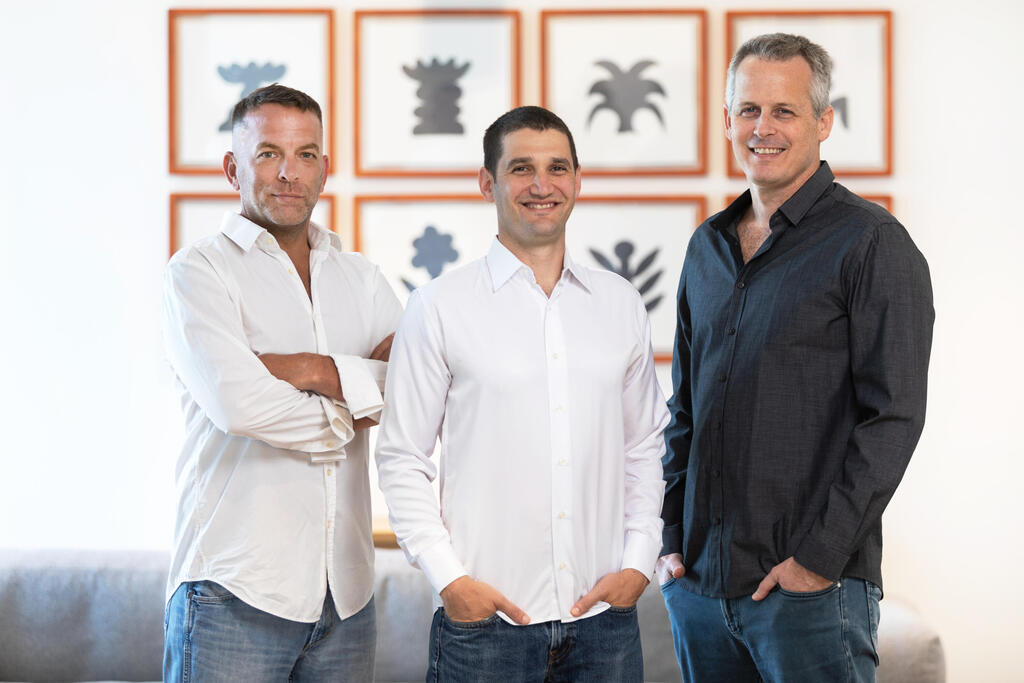
Dehorned: Fintech startup Vesttoo loses unicorn status
R&D partnership Sure-Tech, which purchased about 4% of the fintech company Vesttoo two years ago, sold the remaining 2% of its holding last week at a company valuation of $785 million. The partnership achieved a return of 1,500%, but Vesttoo, which raised $80 million in funding last October at a value of a billion dollars, said goodbye to its unicorn status
A little over six months after the Israeli fintech company Vesttoo officially became a unicorn, it is losing its horn. At the end of last week, publicly-traded R&D partnership Sure-Tech sold its holdings in Vesttoo (2%) for $15.7 million at a company value of $785 million. For Sure-Tech, this is a significant exit, since it recorded a 15-fold return on an investment it made two years ago, but for Vesttoo it's a deal that means it is no longer a unicorn - a private company worth more than a billion dollars.
In October 2022, while the markets were shaking and the high-tech industry was already in crisis, Vesttoo raised $80 million at a valuation of $1 billion, and was thus officially added to the list of Israeli unicorns. This is a value three-times higher than the one according to which it raised funding in its previous round in November 2021.
However, the crisis in high-tech deepened, mainly against the background of interest rate increases, which reduced the appetite for high-risk investments. This move also caused a lot of hot air to escape from the balloon that inflated in 2021, a year in which the private technology companies raised funds at extremely high multiples. This month, for example, Israeli cyber company Cybereason carried out a funding round that cut its value from $3 billion to $300 million in just one year, after already dreaming of an IPO at a value of $5 billion. It is the crisis in high-tech that contributed to Sure-Tech's decision to sell the rest of its holdings in Vesttoo at a price about 20% lower than the value set for it in the last round.
Sure-Tech purchased approximately 4% of Vesttoo in April 2021 for $1 million and at a value of $20 million pre-money. In January 2022, the partnership sold half of the holdings for $7 million and according to a company value of $300 million. According to the partnership's estimates, the sale of its remaining 2% will yield a profit of $9.2 million.
Vesttoo was established in 2018 by Yaniv Bertele , Ben Zickel and Alon Lifshitz. The company has developed a digital platform for assessing risk in insurance investments, which allows insurance companies to obtain reinsurance coverage through the capital market. The company, which employs 140 people, has offices in Tel Aviv, New York, London, Hong Kong, Seoul, Tokyo and Dubai.
Sure-Tech is an investment partnership, one of the 14 issued on Tel Aviv Stock Exchange in 2020-2021, when the goal of the Israel Securities Authority was to expose the public to managers who specialize mainly in investing in private companies, with an emphasis on high-tech. 10 of the 14 partnerships caused losses to their investors following a drop of about 70% in the price of their participation units. Sure-Tech, whose founding partners are Yossi Tamar and Shai Yitzhak Lior, recorded a negative return of 31% from its April 2021 IPO (as of the beginning of the trading week). Sure-Tech ended 2022 with no revenue and a loss of NIS 2 million. It registered a jump of 17.2% on Sunday, and is traded at a value of NIS 21 million.
Sure-Tech CEO Ran Tzror admits that the partnerships are not popular with the market: "Rightly or wrongly, there is a negative opinion about the partnerships. Sure-Tech focuses on what it understands - companies that invest in fintech and insurtech. We are the first partnership that made two exits (selling shares and divesting twice). Since our establishment, we have raised 31 million shekels."














